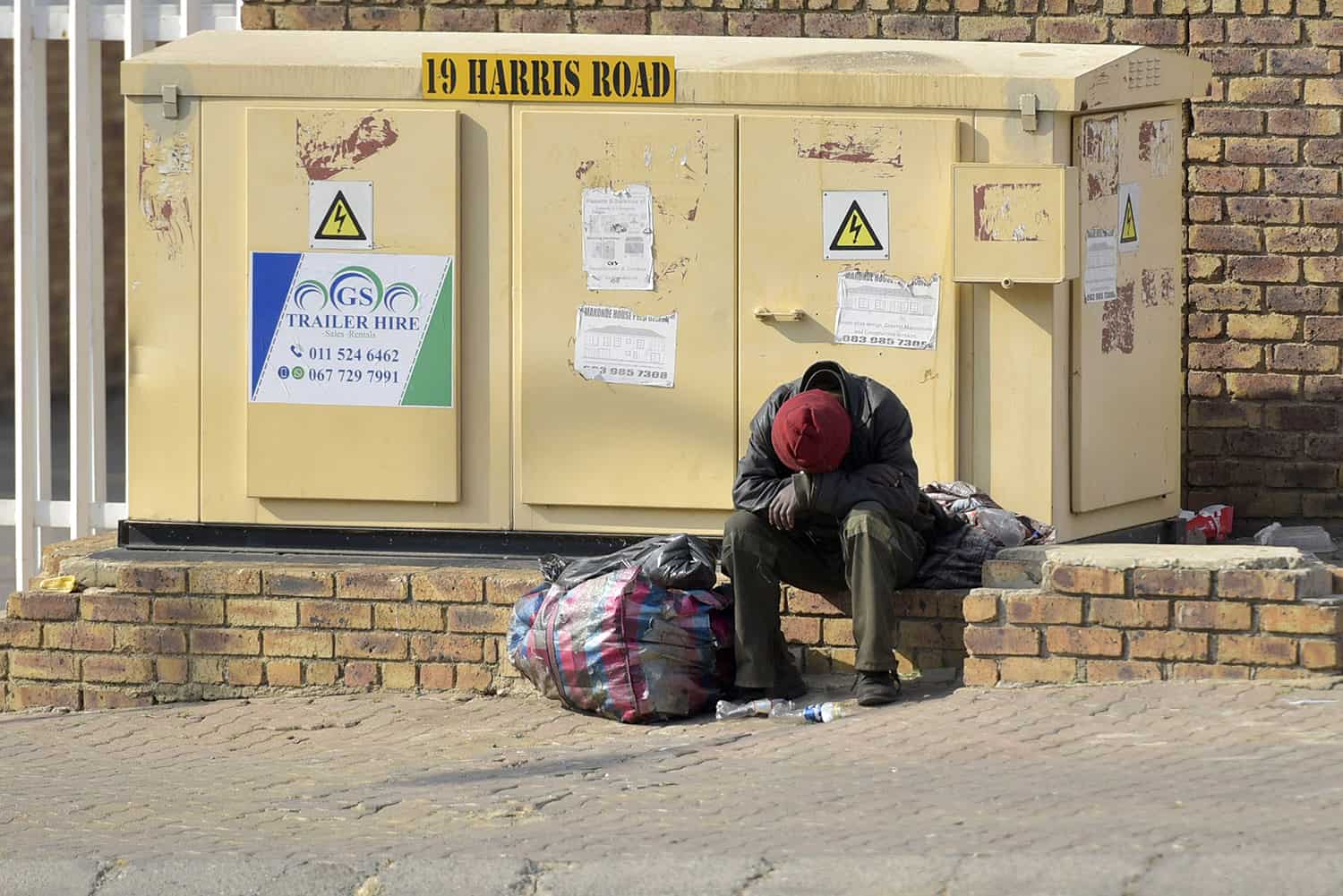October marked two years since South Africa instated the Economic Reconstruction and Recovery Plan (ERRP)

SA economic recovery plan isn’t working. Picture : Neil McCartney
When an economy is already struggling due to its own issues, what is a country to do when external threats such as the Russian war on Ukraine have a global impact?
October marked two years since South Africa instated the Economic Reconstruction and Recovery Plan (ERRP) – a plan that placed the focus on government and social partners implementing programmes to stimulate equitable and inclusive growth.
The details of the plan to steer the country back to desirable growth levels in the aftermath of the coronavirus pandemic were announced by President Cyril Ramaphosa at a hybrid joint sitting of parliament two years ago.
The ERRP progress report called the Russia and Ukraine conflict a factor that affected issues such as inflation, global inflation and fuel oil prices greatly.
What happened internationally had a huge negative impact on the South African economy and all high prices were a good example of that, said Dawie Roodt, chief economist at Efficient Group.
Roodt said the reality was SA had a “small open” economy and although what happened internationally would affect the country’s economy, there were some ways SA benefitted from what happened internationally.
“The high commodity prices now means platinum, palladium and coal prices are high. We export a lot of those and the ministry of finance is getting a lot of tax income from those,” he said.
According to Roodt, there are three rules for a successful economy;
-Protect private property rights, because without the protection of those rights you cannot reap the benefits of the economy;
-Allow for free trade because free trade meant both parties gained from the transaction; and
-There has to be sound money – money with low levels of inflation.
Miyelani Mkhabela, Antswisa Transaction Advisory CEO and chief economist, said SA needed to increase capital resource allocations and labour productivity in agriculture, manufacturing and mining industries.
“Agriculture, mining and manufacturing industries contracted and they are the core industries for employment growth in South Africa,” he said.
ALSO READ: Economy report paints a bleak picture of SA’s future





